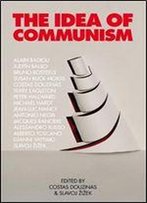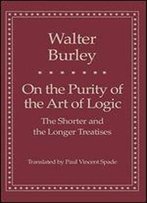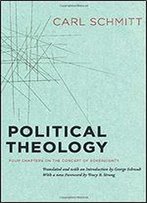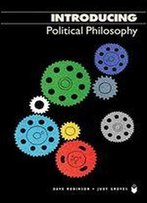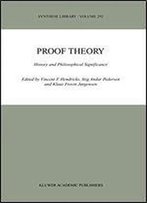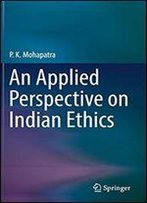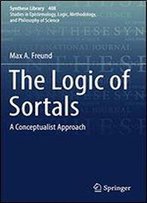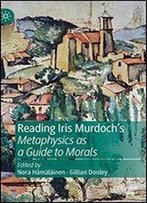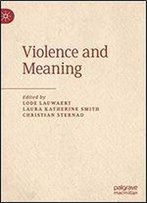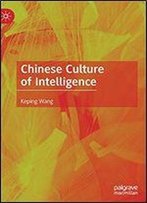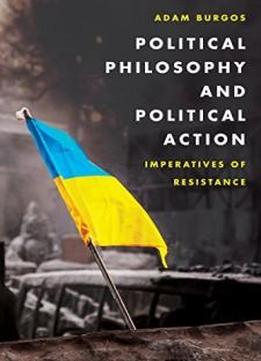
Political Philosophy And Political Action: Imperatives Of Resistance
by Adam Burgos /
2016 / English / PDF
1 MB Download
Political philosophers have long taken inspiration from
political movements when crafting their theories, which they hoped
would address the universal problems of democracy.
Political philosophers have long taken inspiration from
political movements when crafting their theories, which they hoped
would address the universal problems of democracy.Political Philosophy and Political
Action
Political Philosophy and Political
Actioninvestigates the relationship between political
practices of popular resistance and political theory.
investigates the relationship between political
practices of popular resistance and political theory.
The text demonstrates how the lived experience on political
resistance can help us to analyse and interpret theory, and also
reveals how concrete resistance movements can challenge the ideals
of political theory generally. It begins by examining the universal
aspirations present within the contextual particularities of Black
Lives Matter, Occupy Wall Street, and the Arab Spring.
The text demonstrates how the lived experience on political
resistance can help us to analyse and interpret theory, and also
reveals how concrete resistance movements can challenge the ideals
of political theory generally. It begins by examining the universal
aspirations present within the contextual particularities of Black
Lives Matter, Occupy Wall Street, and the Arab Spring.Political Philosophy and Political
Action
Political Philosophy and Political
Actionthen turns to critical examination of
Jean-Jacques Rousseau, Karl Marx, John Dewey, and Jacques Rancière,
using novel interpretations of their philosophies of equality and
democracy to construct a conceptual framework. More specifically,
the chapters show how we can analyze resistance movements that
incorporate the imperative to resist inequality in the name of
democracy. The result is a novel means of thinking about important
issues in contemporary political philosophy, including pluralism,
oppression and domination, and the purposes and meaning of
politics.
then turns to critical examination of
Jean-Jacques Rousseau, Karl Marx, John Dewey, and Jacques Rancière,
using novel interpretations of their philosophies of equality and
democracy to construct a conceptual framework. More specifically,
the chapters show how we can analyze resistance movements that
incorporate the imperative to resist inequality in the name of
democracy. The result is a novel means of thinking about important
issues in contemporary political philosophy, including pluralism,
oppression and domination, and the purposes and meaning of
politics.
